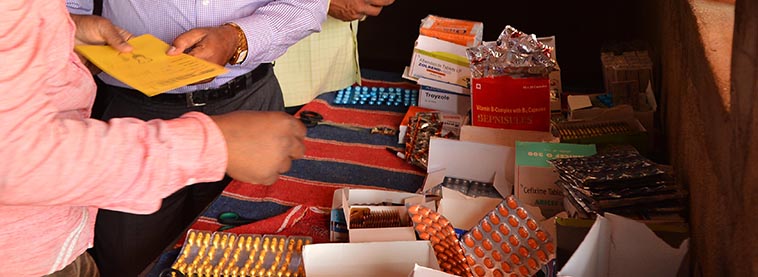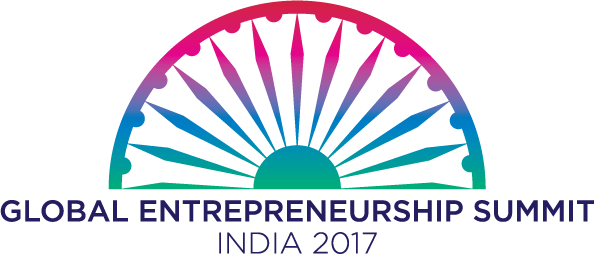
Today, the U.S. Agency for International Development (USAID) announced further action to help India in its fight against Tuberculosis (TB). India has the world's highest incidence of TB, with 2.8 million cases annually, and accounts for more than a quarter of the global TB burden. India also has the largest burden of multi-drug-resistant TB (MDR-TB) among all countries, with almost 150,000 cases every year. TB claims over 435,000 Indian lives each year, which places TB among the top ten causes of death in the country.
Today, in recognition of these alarming statistics, USAID will also announce a new $1 million effort to bring greater awareness to TB's stigma -- which disproportionately affects women -- to support Prime Minister Modi's ultimate goal of securing a TB-free India by 2025. In India, as in many countries around the world, people often fear how others will treat them if they are diagnosed with TB. Women diagnosed with TB report their families, employers and communities shun and discriminate against them.
USAID has supported the TB program of the Government of India (GOI) since 1998, and has invested more than $140 million to strengthen the capacity of national, State, and District-level TB programs. USAID has also introduced new tools and approaches to reach, cure, and prevent TB in India successfully. The current objectives of the USAID/India TB portfolio are to strengthen the detection and treatment of TB, including a focus on drug-resistant strains; assist the GOI to plan and implement evidence-based interventions to reach a TB-Free India; and improve patient-centered TB services in private provider settings.
USAID/India's TB program is achieving its primary objective of strengthening the detection and treatment of TB, including drug-resistant disease. Highlights from the program include supplementing the country's first national TB drug-resistance survey; piloting and scaling-up the use of a rapid diagnostic tool, GeneXpert, to diagnose TB in children, including multi-drug-resistant strains; supporting the introduction of bedaquiline, the first new drug approved to treat TB in more than 40 years; and partnering with the Bill and Melinda Gates Foundation and the India Knowledge Park to assist in the development of the mobile technology, 99 DOTS, to improve adherence treatment among patients.
The U.S. Agency for International Development (USAID) is the lead U.S. Government entity for international TB programming. As the largest bilateral funder of TB efforts worldwide, USAID works in partnership with Ministries of Health, the Global Fund to Fight AIDS, Tuberculosis and Malaria (Global Fund), the World Health Organization (WHO), the Stop TB Partnership, the private sector and civil society to reach every person with TB, cure those in need of treatment, and prevent new TB infections through a patient-centered approach aimed at alleviating suffering and saving lives.

